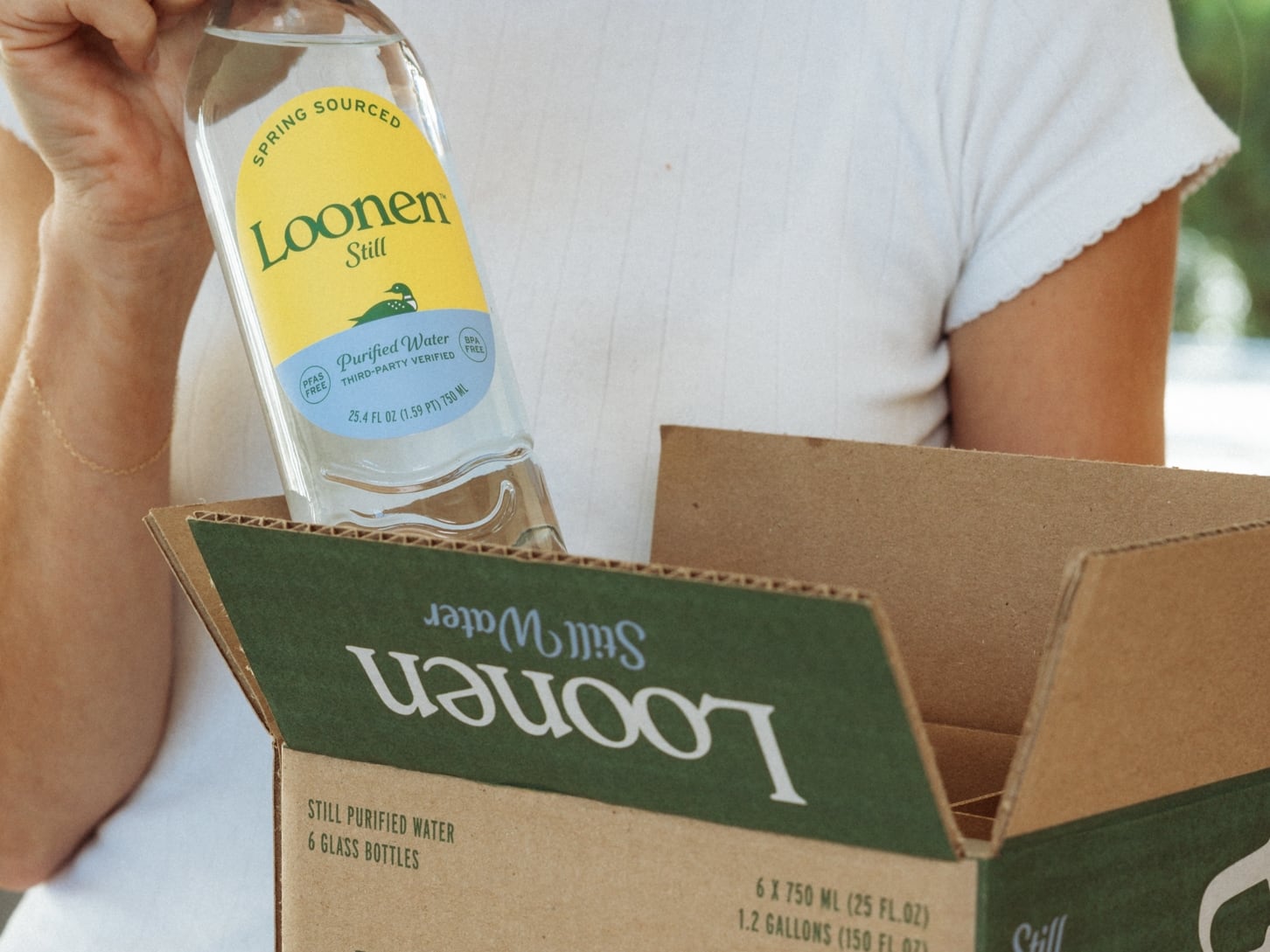
Rethinking ‘clean’ water in the bottled water aisle
For startup Loonen, water isn’t just water - it’s spring-sourced and filtered with an emphasis on minimizing plastic across the supply chain
News & Analysis on Food & Beverage Development & Technology

For startup Loonen, water isn’t just water - it’s spring-sourced and filtered with an emphasis on minimizing plastic across the supply chain
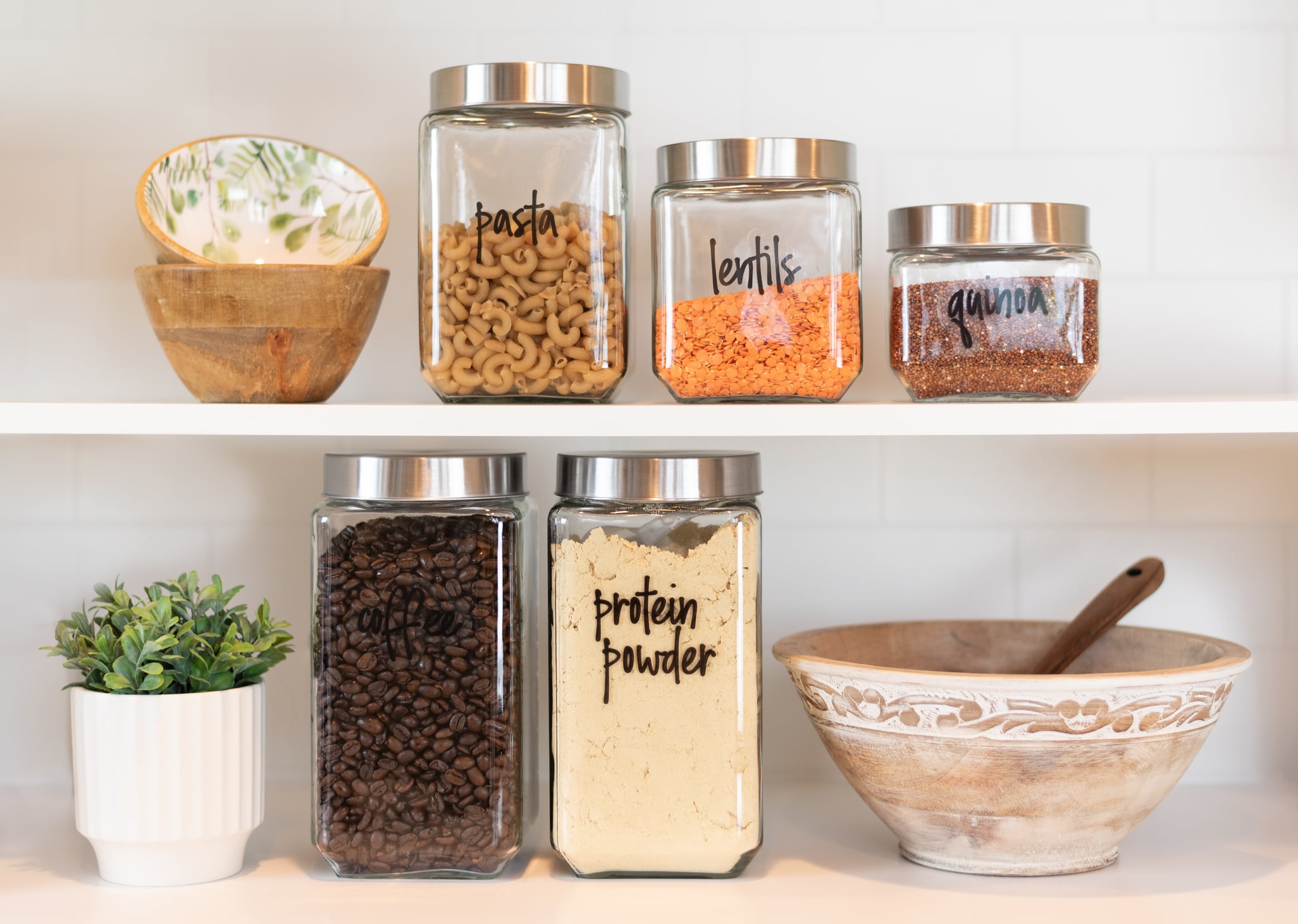
Companies are aiming to streamline their ingredients lists

Alternative proteins have lost a lot of popularity in recent years, and this is reflected in IP activity
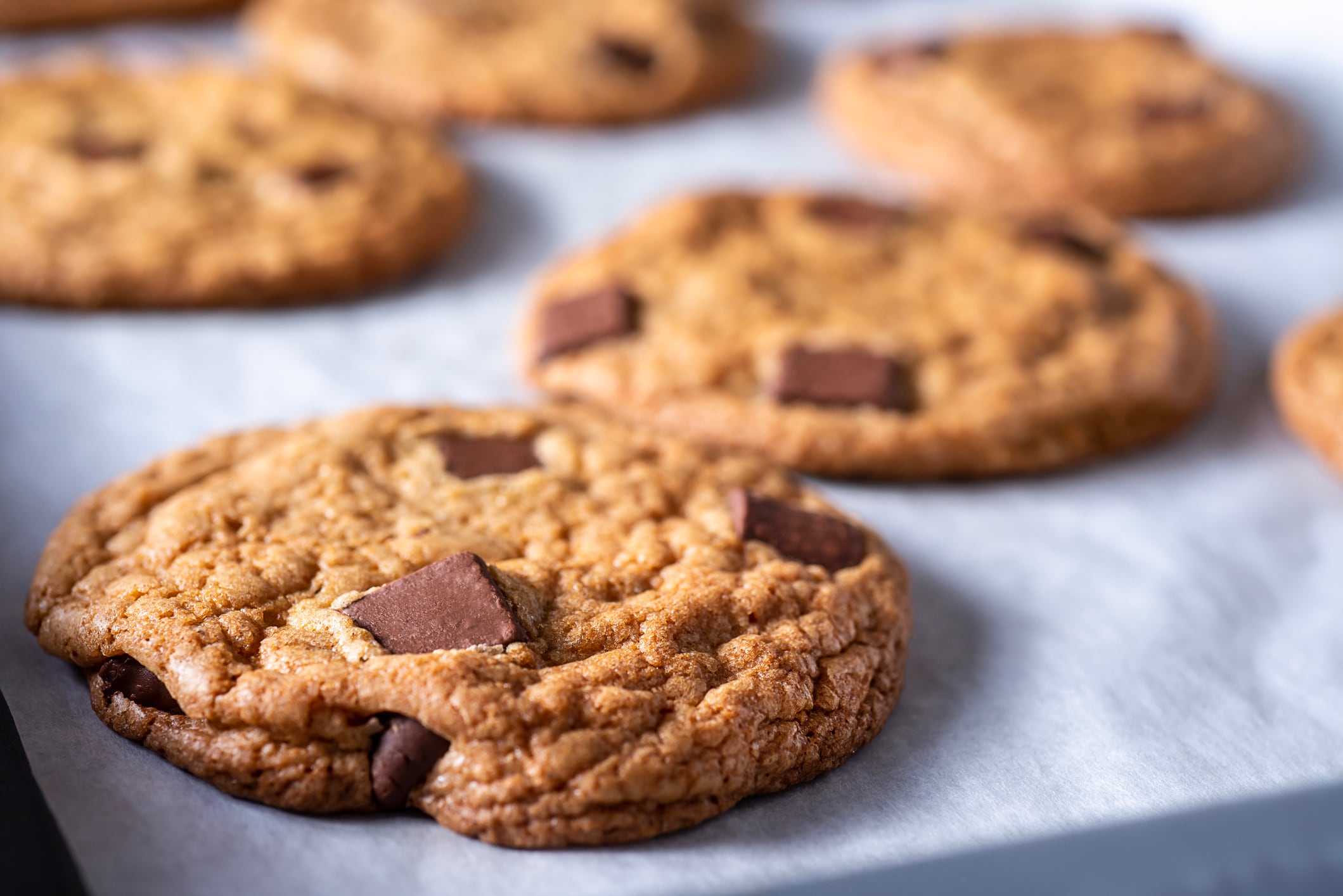
Sweeteners in focus
Kerry Group and NotCo show how advanced sweetening systems can overcome many of the technical, sustainability and cost barriers with sugar reduction
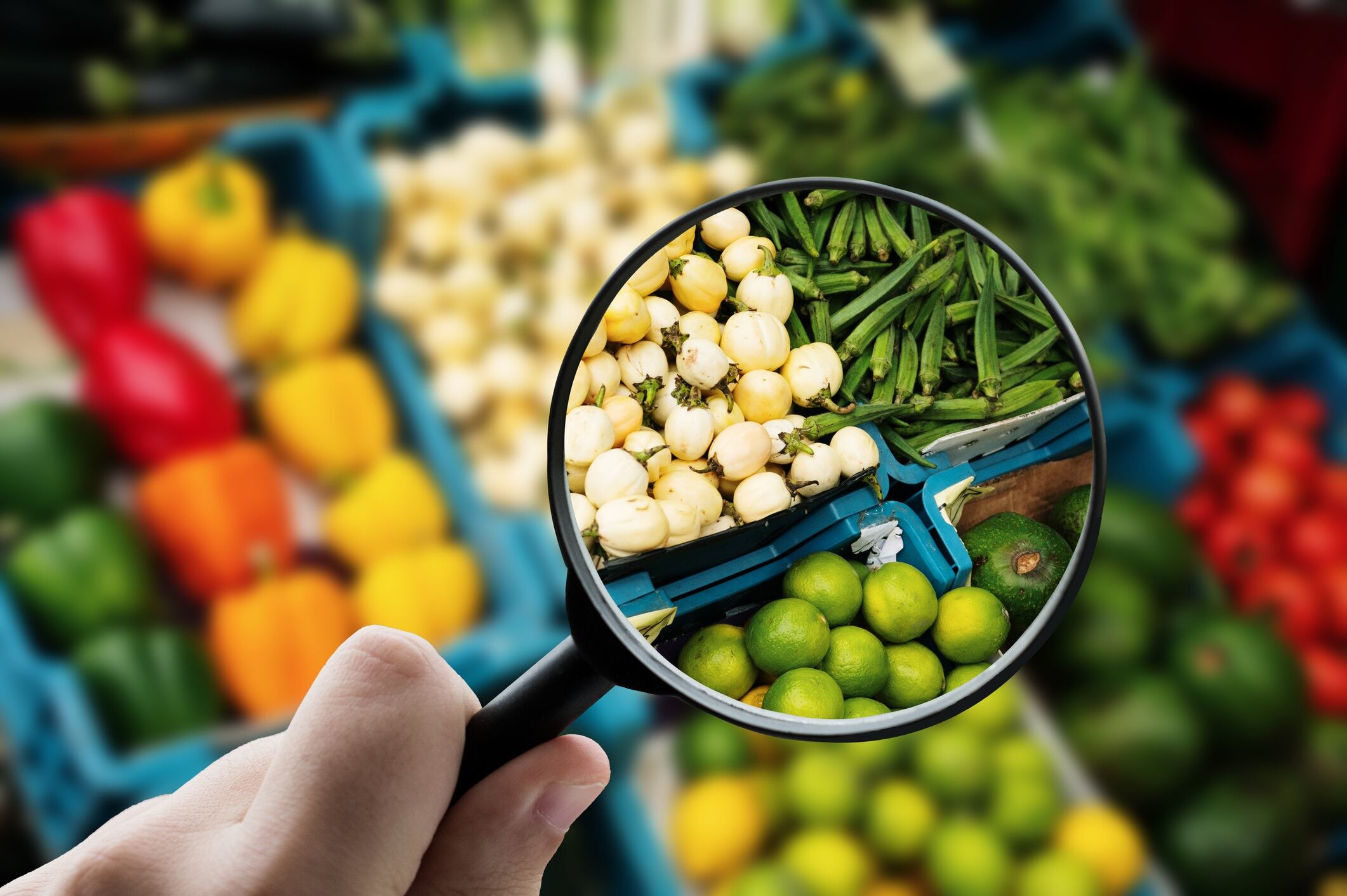
The discovery of ‘nutritional dark matter’ is unlocking new paths for smarter food innovation, targeted health benefits, and precision nutrition
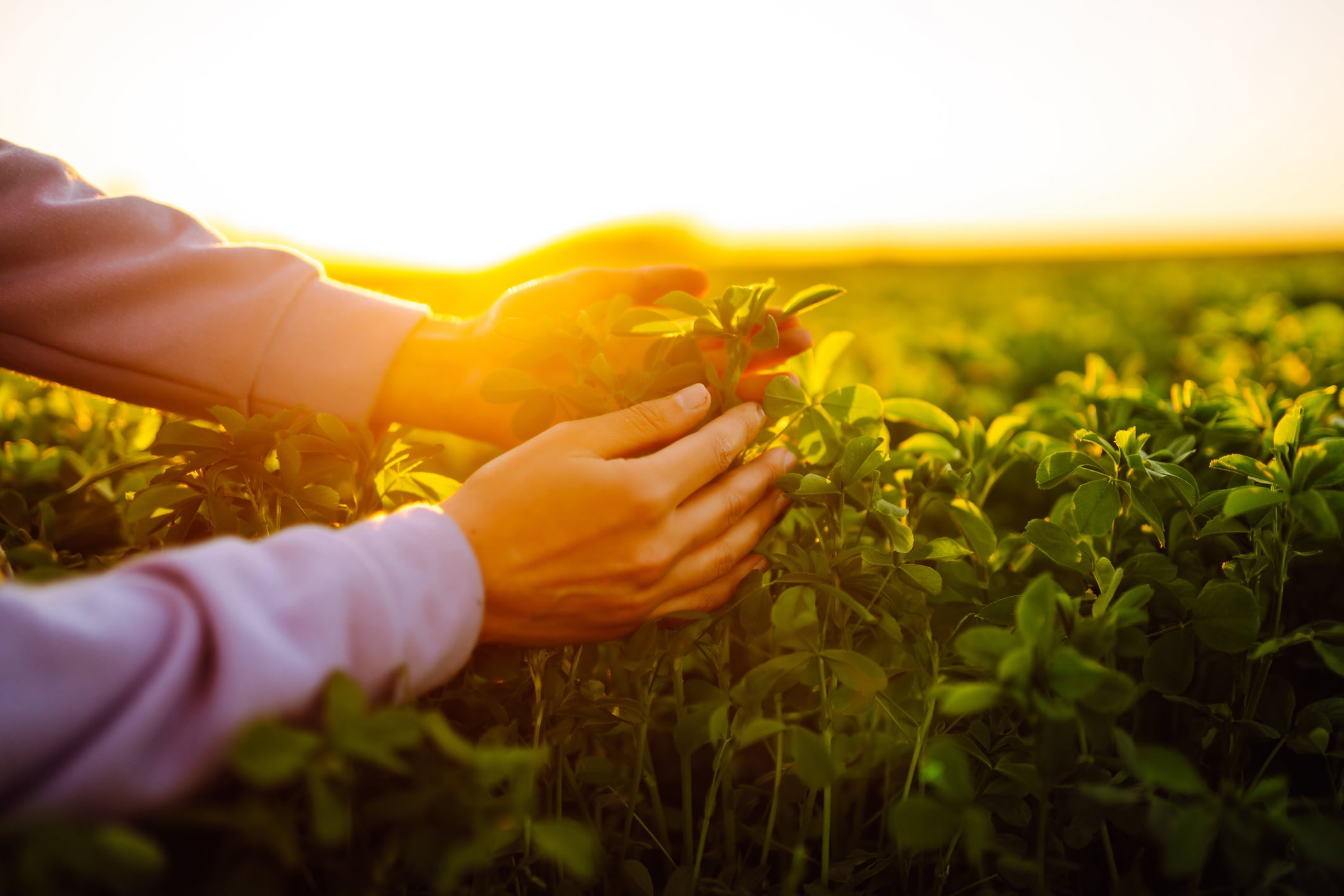
Exclusive: New Zealand-based Leaft Foods partners with Lacto Japan to bring its leaf protein into staple categories such as bakery and dairy foods
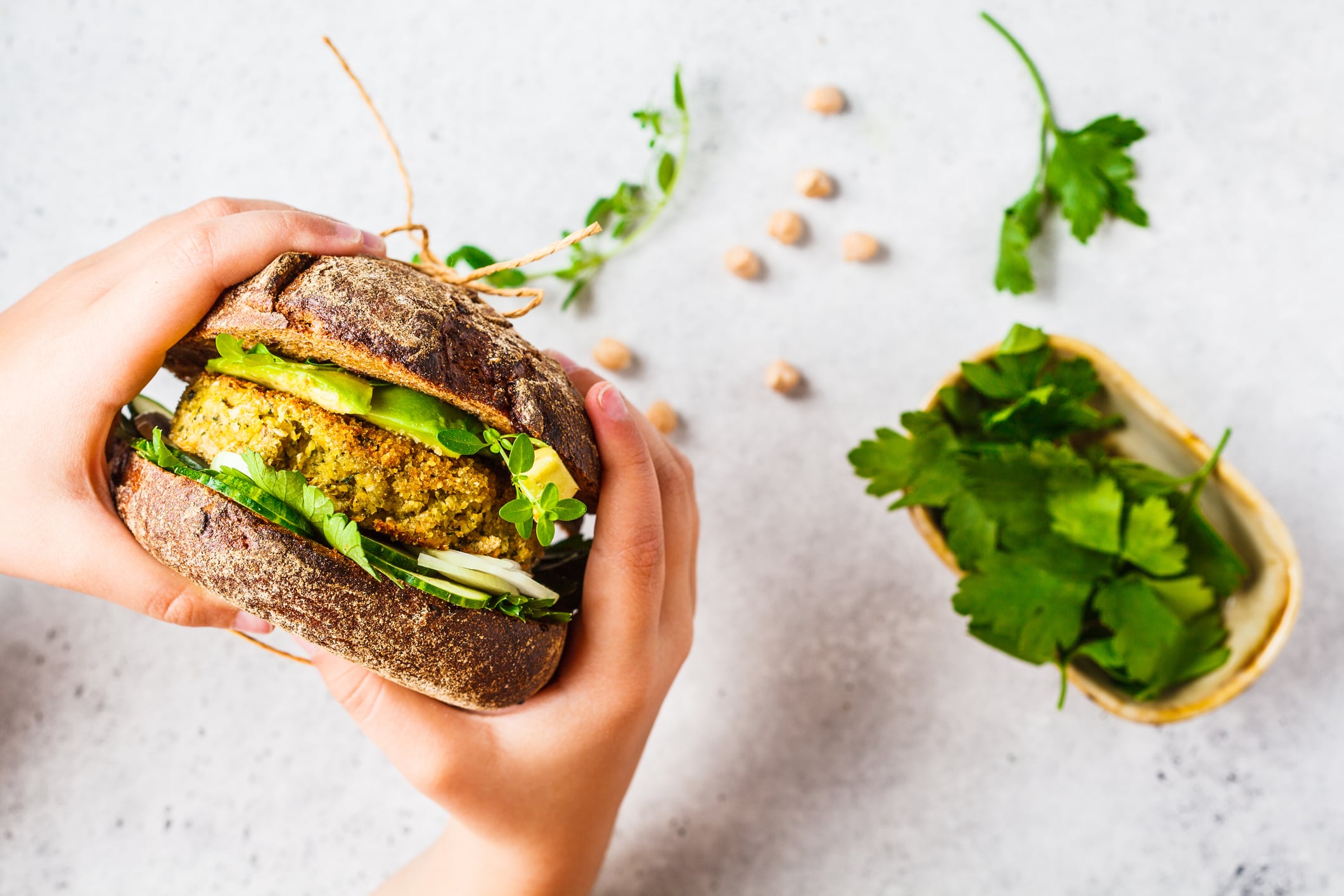
The world’s biggest meat company is launching a ‘new leader in European plant-based food’
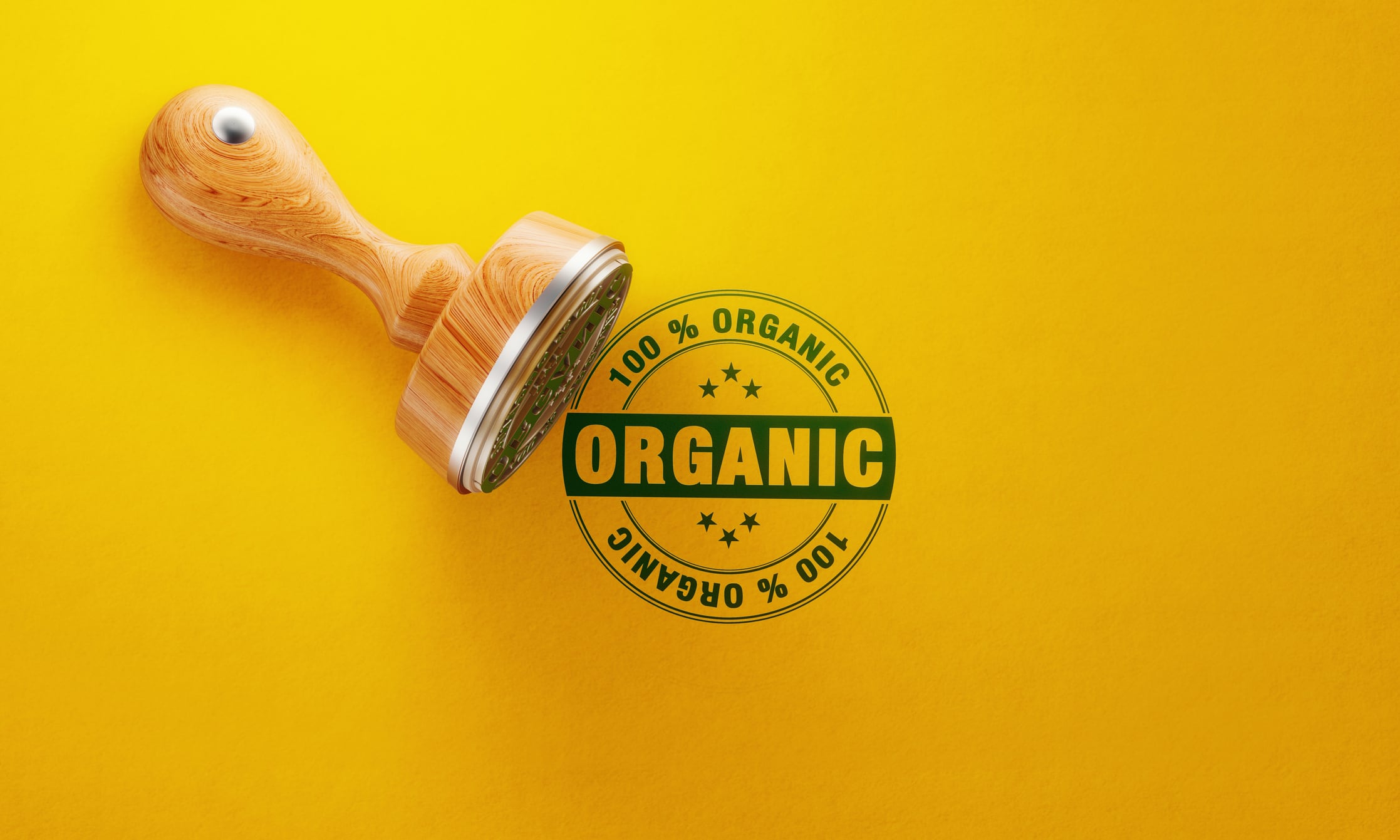
Natural food and drink products with sustainable label claims are flying off the shelves in the US: here’s why
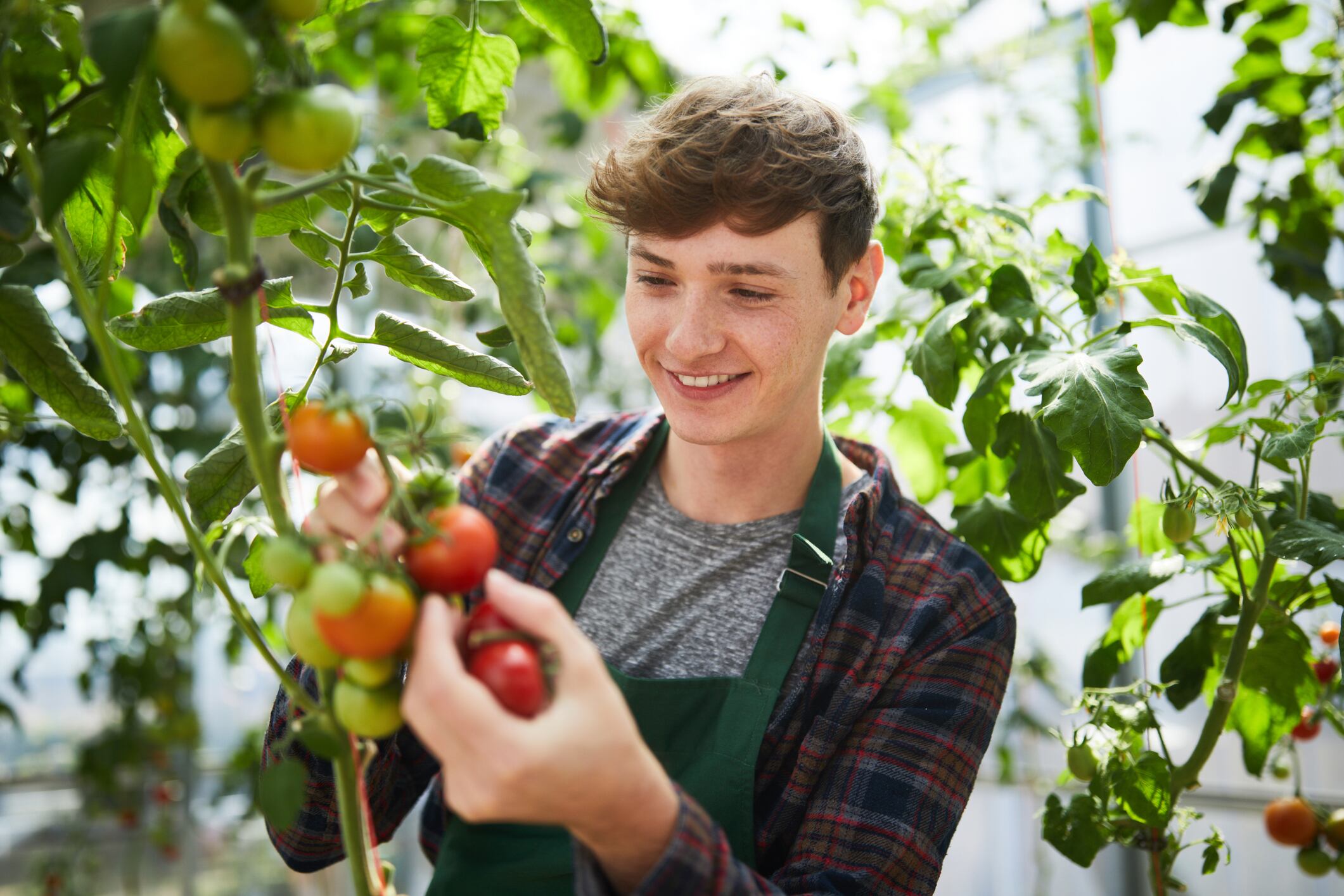
They’re protein dense, but could tomato leaves translate into a functional ingredient?
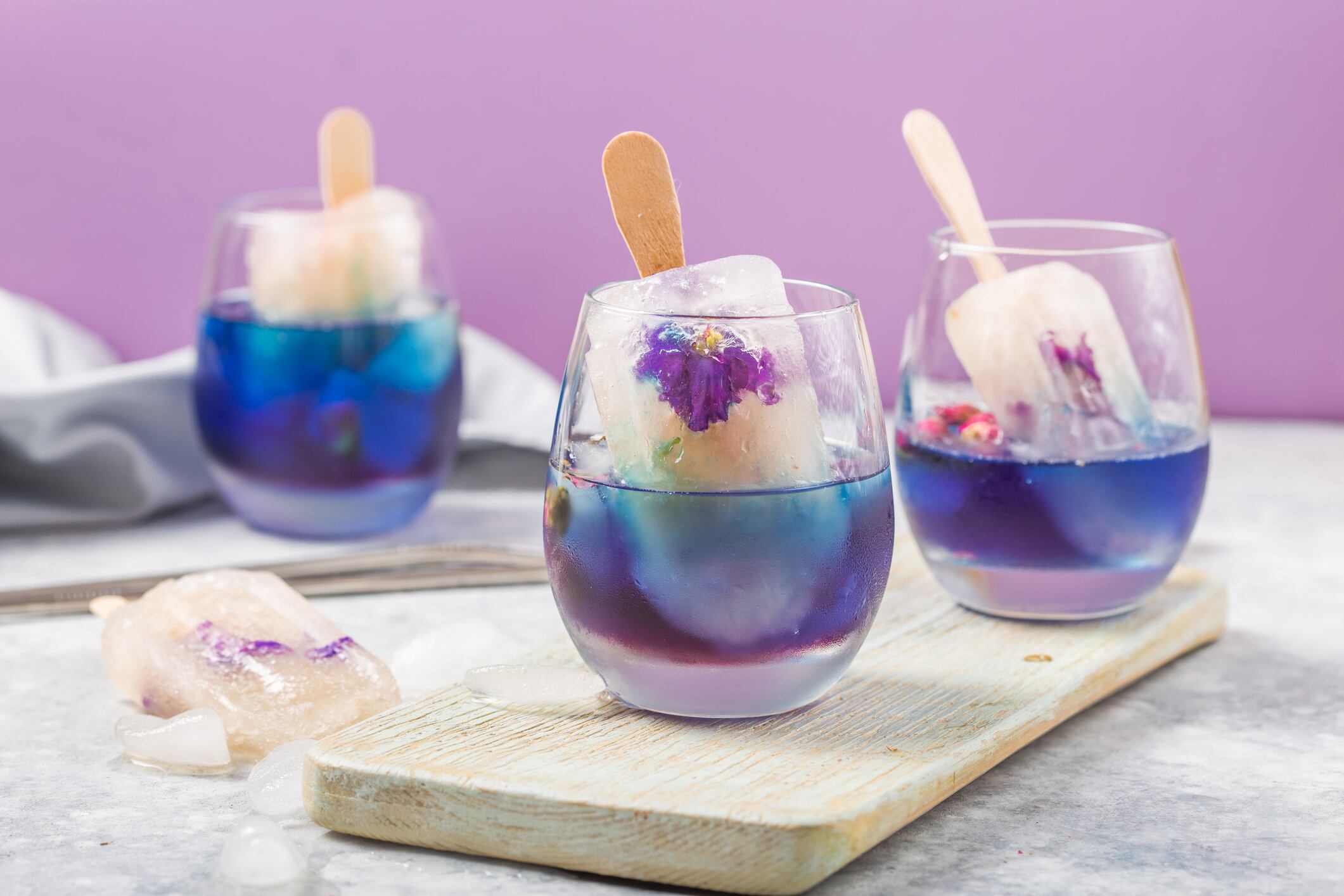
Plant-based colours now drive innovation in the APAC food sector, offering clean-label appeal, functional benefits, and emotional impact

It begins: USDA Secretary Brooke Rollins yesterday signed the first of what could be several state waivers restricting the use of government funds by low-income residents to buy select “junk” foods and beverages, such as soda and candy

PepsiCo is removing artificial food dyes from its products ahead of an HHS and FDA 2026 deadline, while trade tensions drag volumes down further for its North American snack and beverage
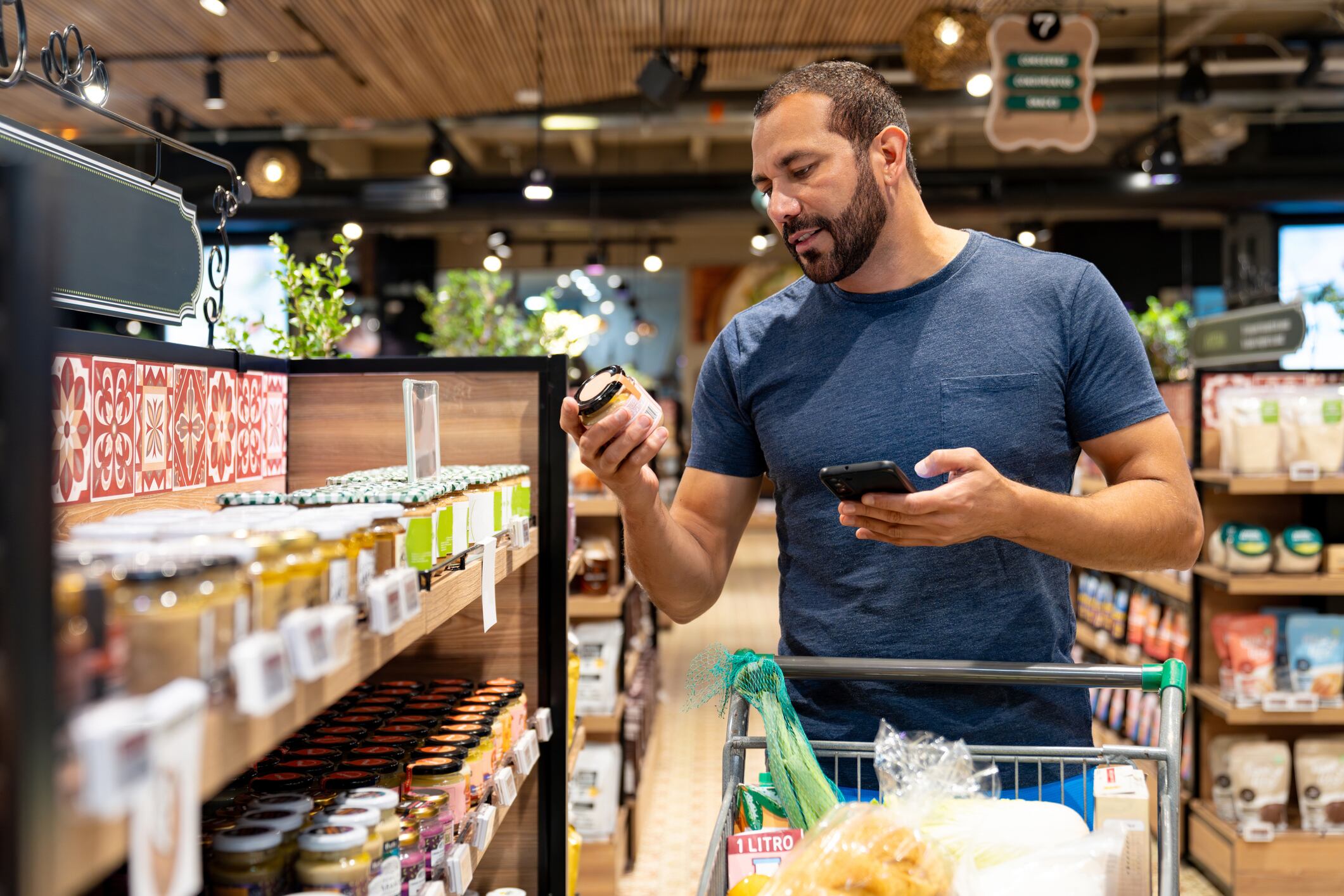
Class action lawsuits filed against food and beverage companies surged last year – reversing a multi-year downward trend but still falling significantly short of the 10-plus year high in 2021, according to analysis by the law firm Perkins Coie presented...

We look at why the dairy major tracked GLP-1-related conversations on social media - and how its Super Bowl commercial spoke to the masses
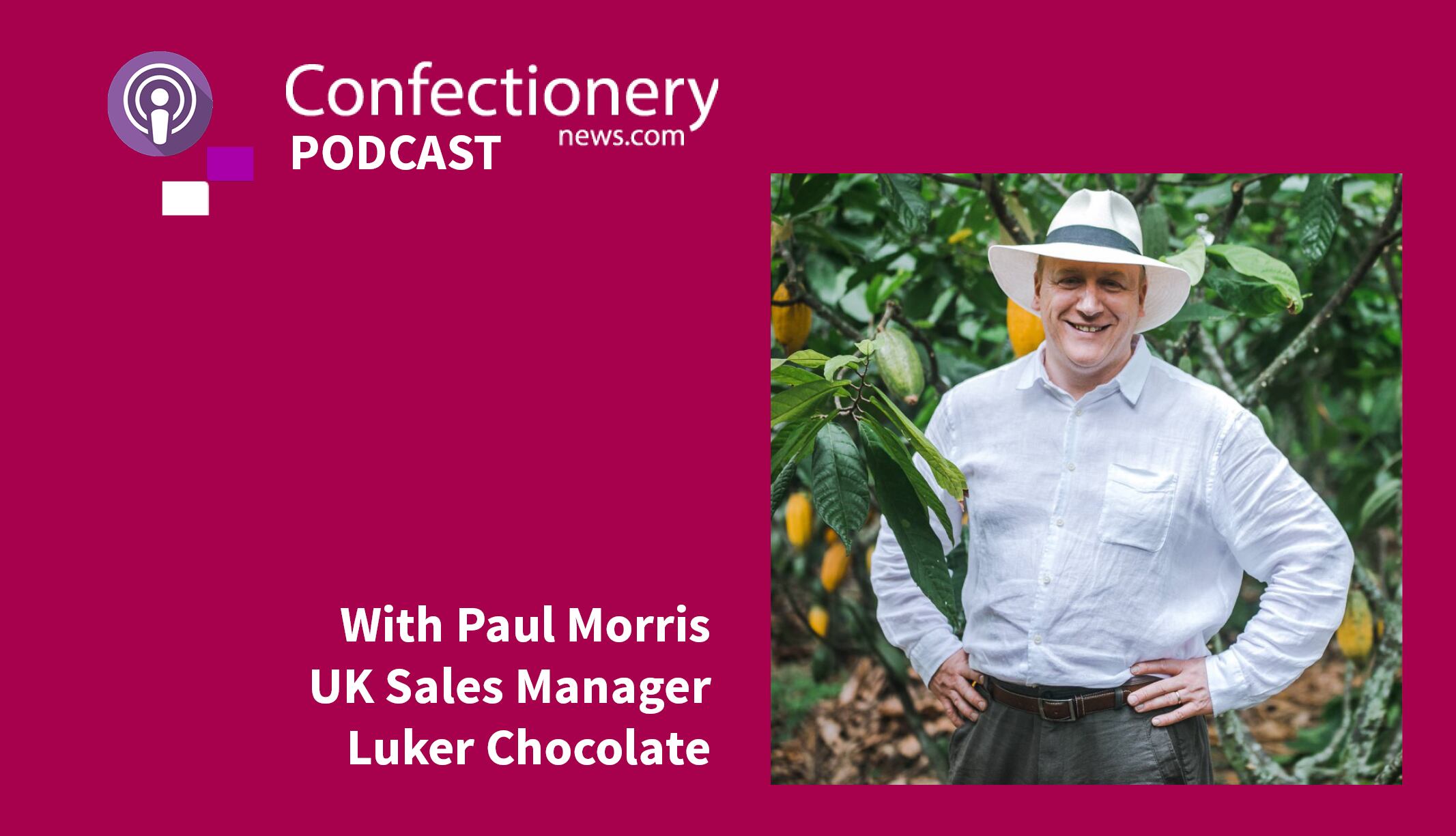
Podcast
With Veganuary in full swing and more popular than ever, Paul Morris, Luker Chocolate’s UK sales manager, chats to ConfectioneryNews about the 123-year-old family run company and its single origin Cacao Fino de Aroma.
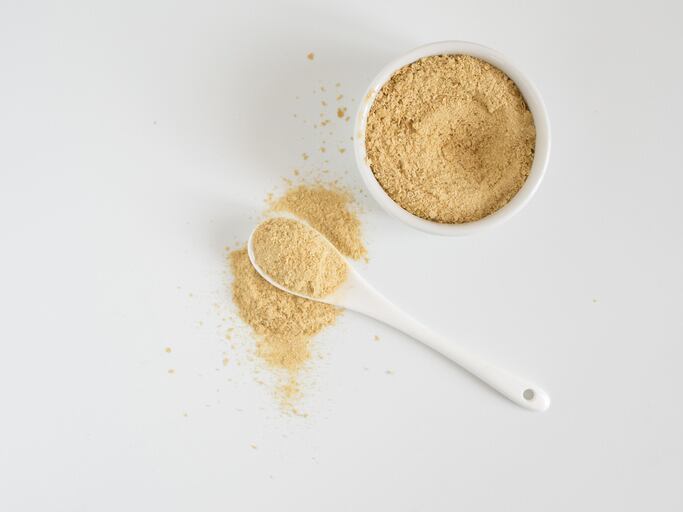
A Brazilian biotech start-up is custom-designing novel, natural yeast strains that can be used to make plant proteins, replace artificial additives and boost the bioavailability of minerals.
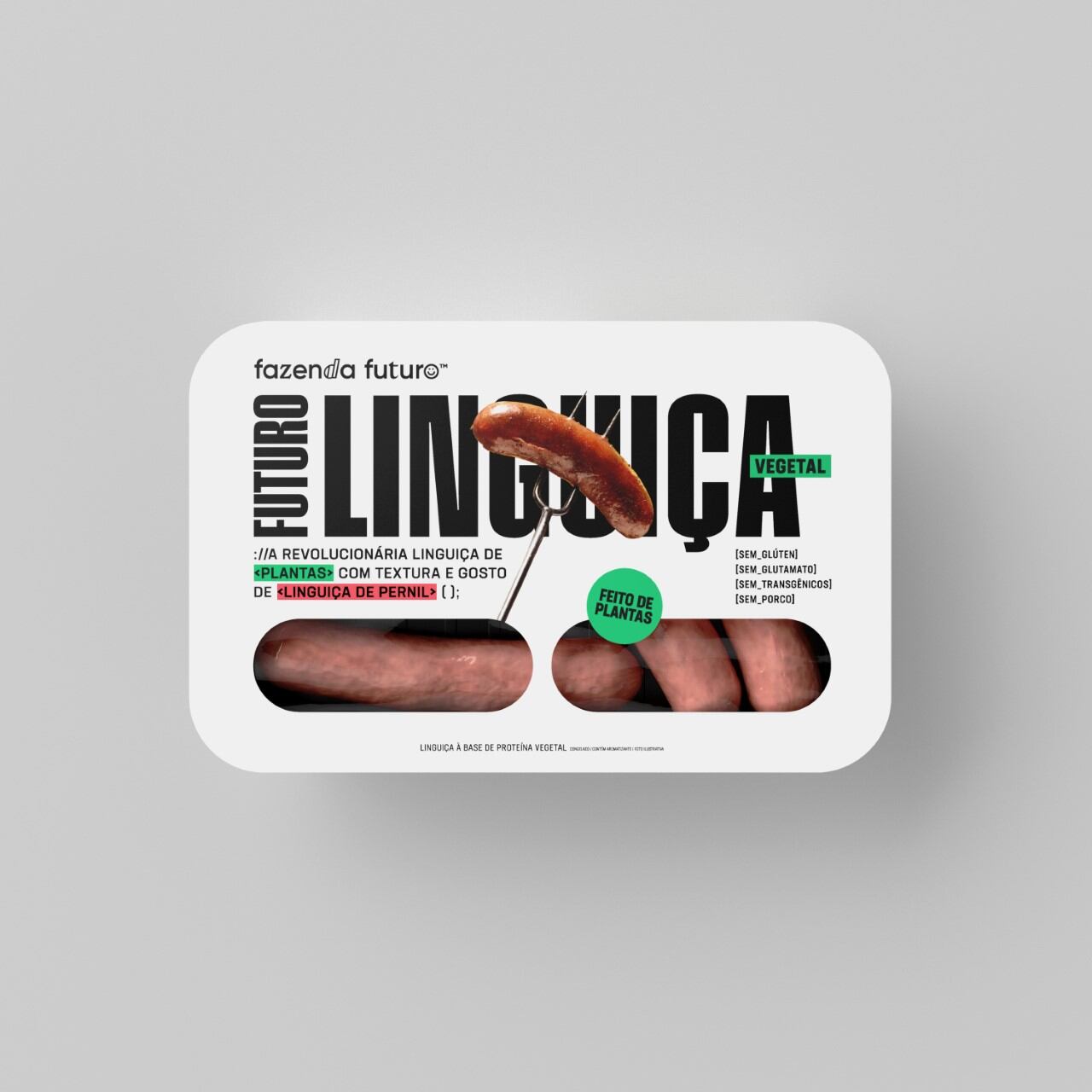
Brazilian plant-based startup Fazenda Futuro, recently valued at US$100 million, will launch vegan sausages made with a seaweed skin for crispiness next month. “We came to revolutionize this outdated, animal meat market," says its founder.
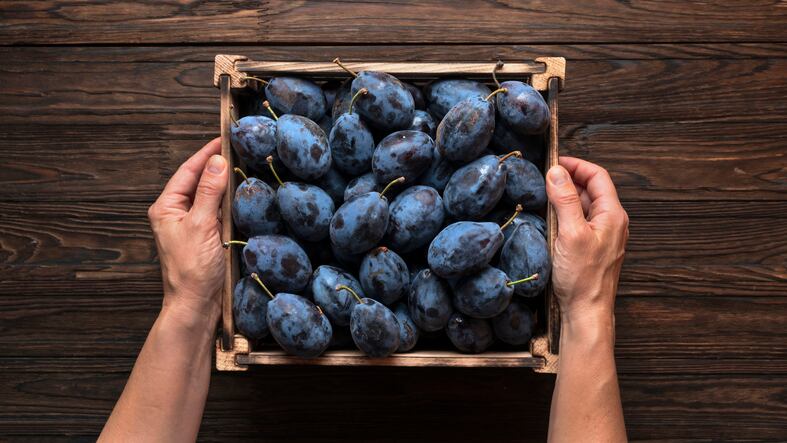
Made with vegetable extracts, a natural coating for fresh produce means people can eat just fruit, not synthetic chemical waxes, says the Chilean start-up behind the product, PolyNatural.
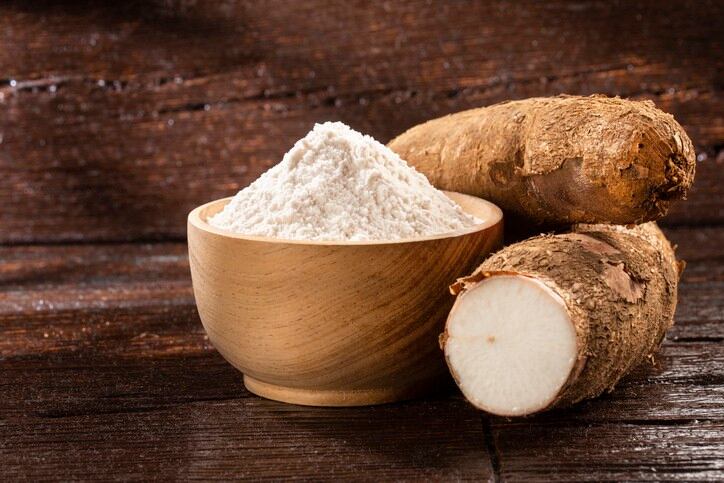
Using a patented technology, Brazil's Fibervita transforms co-streams from the cassava processing industry into a multi-functional ingredient that can clean up processed products' ingredient lists, it says.

Demand for food products that are beneficial to emotional health and well-being is strong among Brazilian consumers even across different socio-economic categories, according to Mintel.
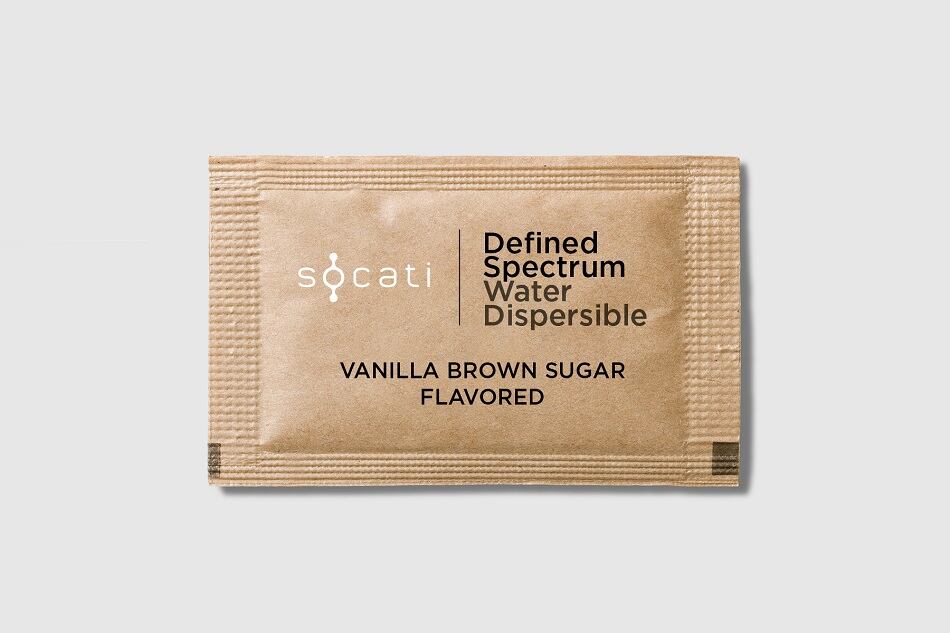
Less than a month after launching its private label line offering customers custom ratios of CBD and other minor cannabinoids, Socati is targeting the hot beverage market with a line of CBD-infused coffee additive products.
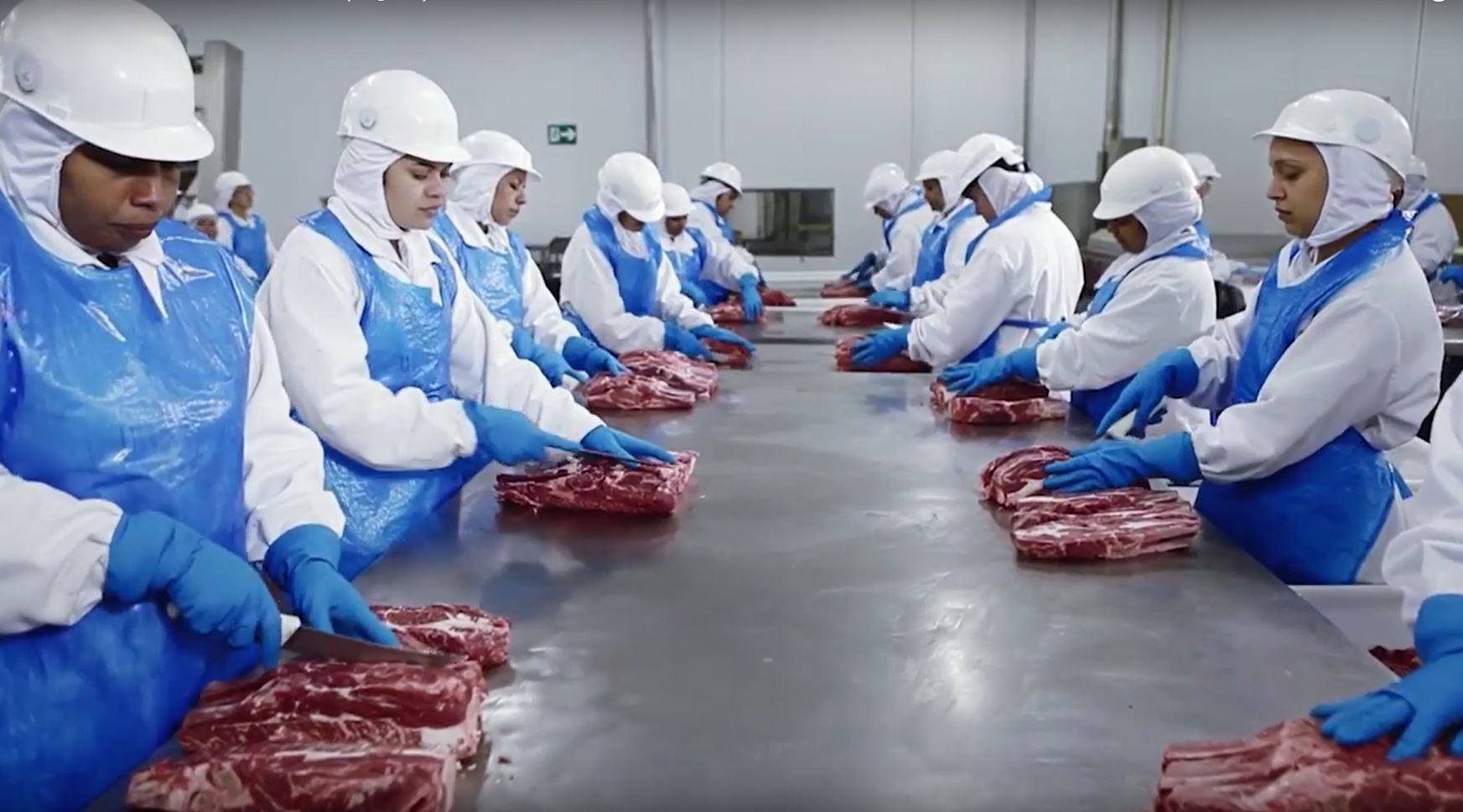
Marfrig Global Foods finished 2019 with record returns, posting R$14.2 billion in fourth quarter revenue, a 23.5% increase year-on-year. Adjusted EBITDA for the quarter was R$1.6 billion, up 70.2% from the same period last year.

Scientists are using Chilean quillaja extract to create nano-scale oleogels in plant-based proteins, mimicking the taste and texture of fat in meat and creating a 'juicy' product that, until now, has been "a real challenge", says the Good Food Istitute.
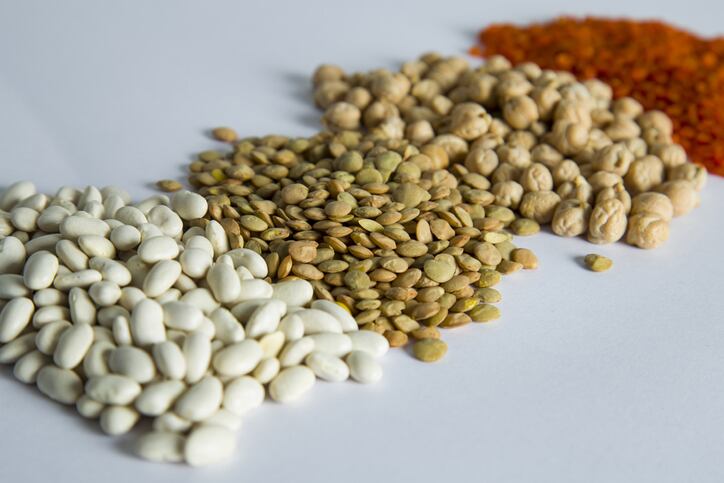
Tomorrow Foods says its turnkey protein isolates made from sustainably sourced pea, rice, mung and chickpea can help Latin American food manufacturers “join the plant-based revolution” without having to invest in R&D.

Operating in both Silicon Valley and Argentina, Michroma uses CRISPR-engineered filamentous fungi to create novel, natural food colors, and is already attracting interest from multinational food manufacturers.
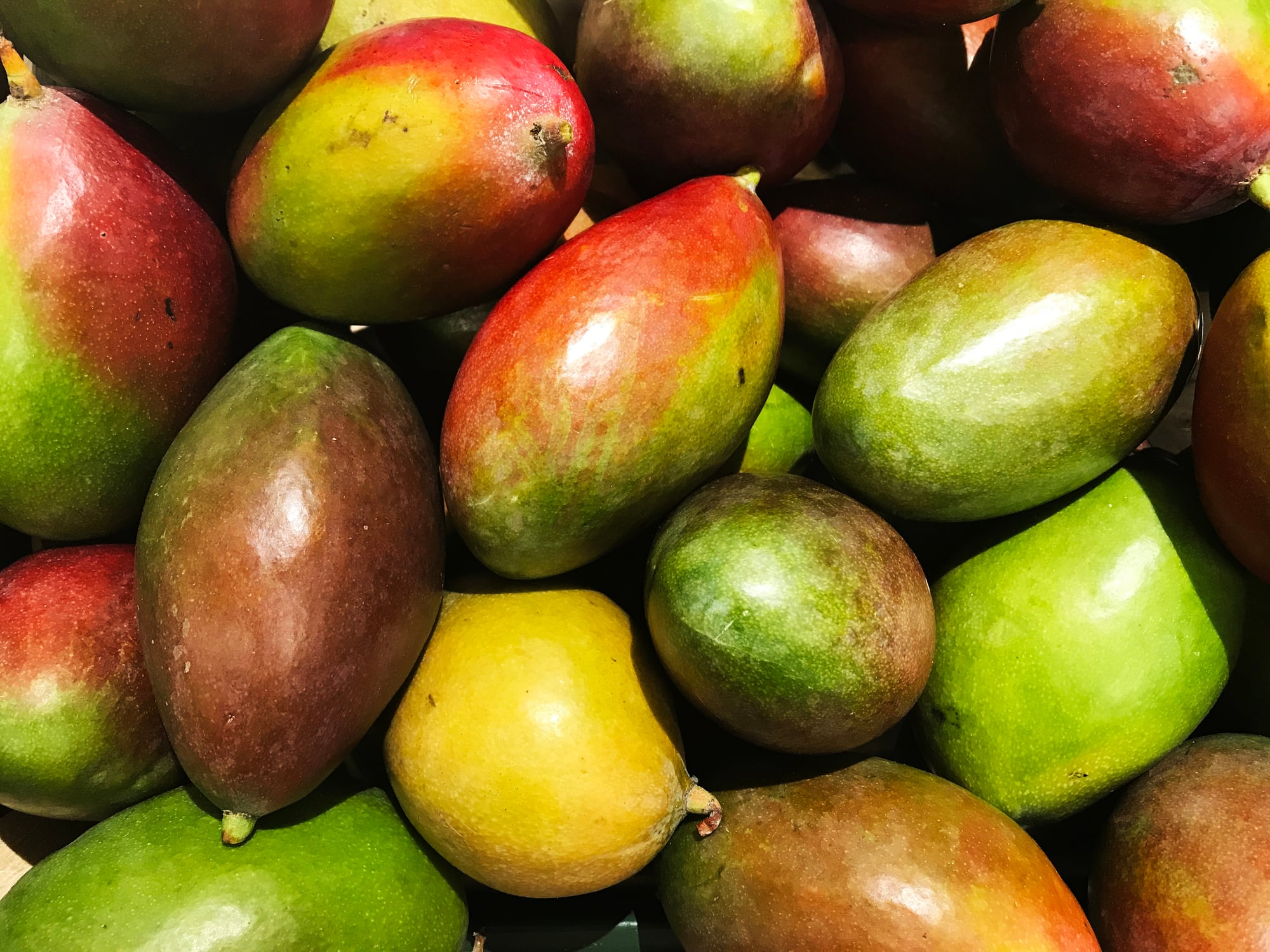
Made from mango seeds and peel that normally go to waste, Manguifer is an insoluble fiber that can partly replace fat and sugar, making processed foods healthier and cheaper, says Genius Foods.
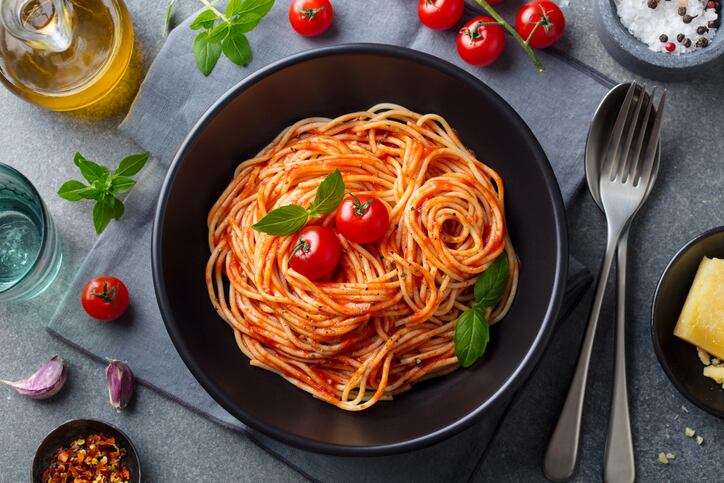
From Brazil's food guidelines - and its advice to avoid 'ultra-processed' foods - to the influence of social media, a number of factors are converging to help make the country's food healthier and nutrition-based, says one expert.
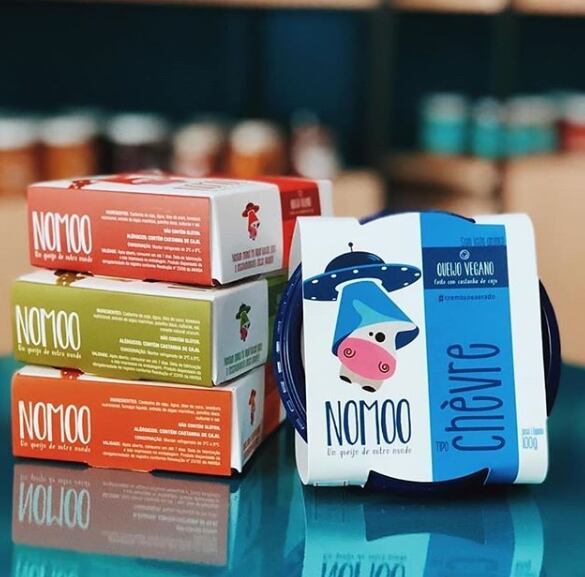
Brazilian company NoMoo says it tricks bacteria to feed on the sugar molecules in cashew milk instead of dairy lactose - "a game-changing find" that has allowed it to create an entire portfolio of plant-based, fermented products.
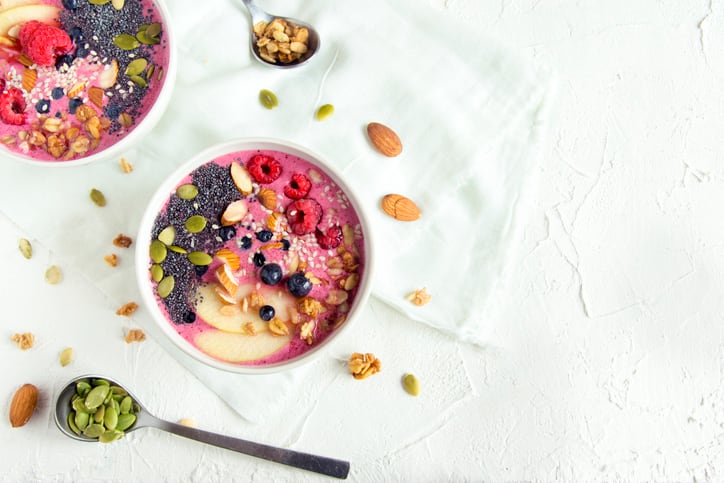
Mexican food manufacturer Kua Foods, which has a mixed portfolio ranging from healthy smoothie mixes to candy, is following Mexico's nutrition label developments carefully. "We’re not worried, just waiting to see," says its business manager.
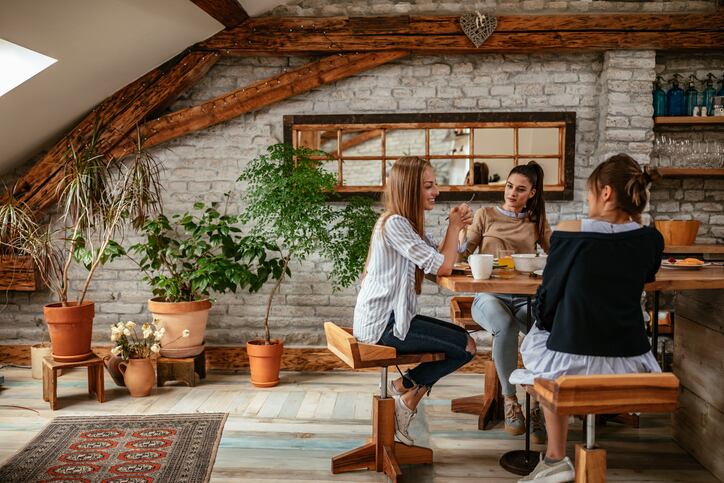
Brazilian consumers are embracing JOMO - the joy of missing out – and this is helping premium beverage brands find their mojo. "Consumers want to disconnect... and this is impacting the brands they consume," says one analyst.
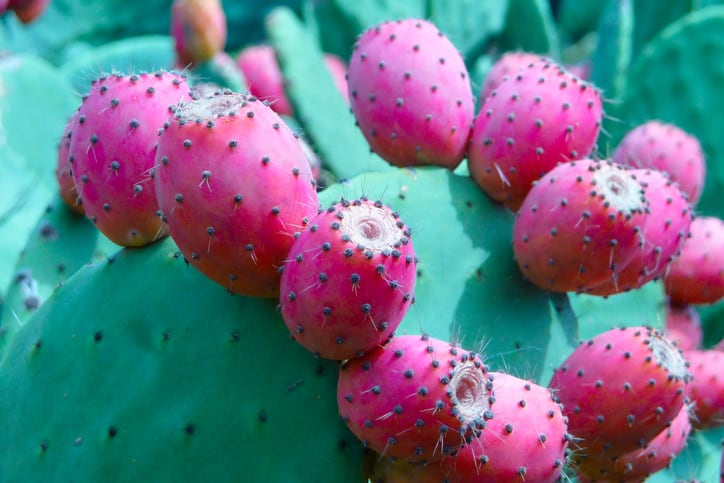
Brazilian consumers are interested in buying products made with nopal cactus, seen as a healthy functional food, according to a recent study. But how much export potential does the cactus really have in Latin America?
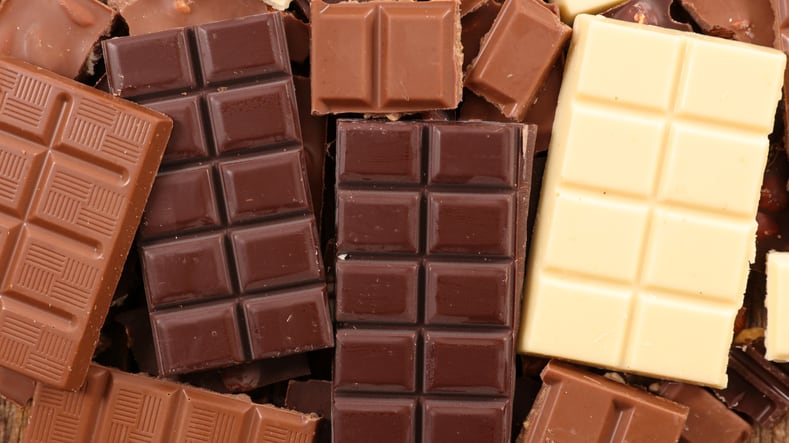
Soluble corn fiber can reduce the sugar content in chocolate by up to 50% while retaining similar levels of sweetness and leaving no aftertaste, according to a recently published patent by Mondelēz International.
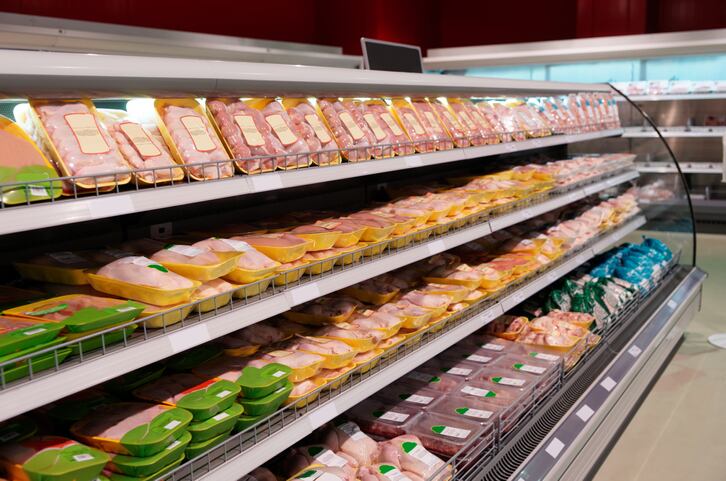
Leading organic brand Korin is supplying GMO-free chicken to Carrefour Brazil, which will help it bring healthy, certified sustainable meat to a large number of people, its managing director says.

Developed by Cargill Brazil, Lévia+c is “a new fat” that can reduce the saturated fat content in ice cream, cream and dairy drinks by up to 30%.
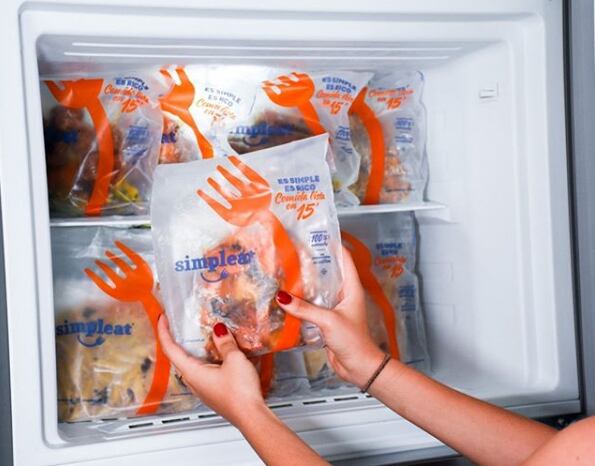
Simpleat delivers healthy, home-made meals to consumers' doors and is gearing up to launch in Chile and beyond. "We validated our business model in Argentina; it’s time to take it to the rest of Latin America,” says its co-founder.
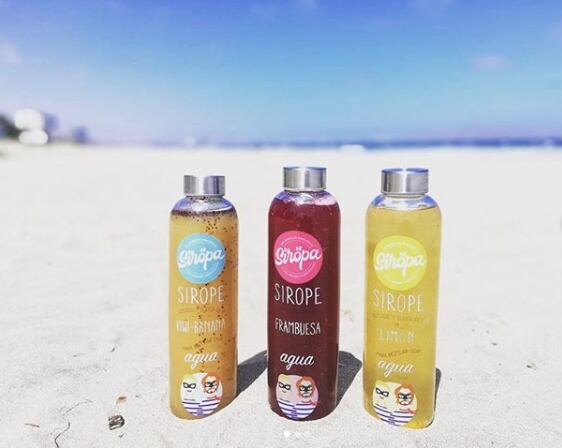
Fruit-based syrups, enriched with inulin fiber and diluted with water, are an ideal way to get Chileans to drink less sugary soda, says French-Chilean start-up Siröpa that wants to create a new category in the country.
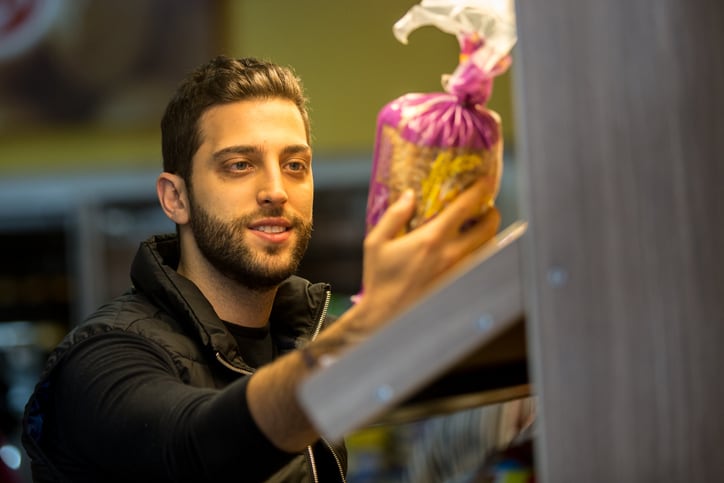
With a rise in ketotogenic-friendly product launches to a recently launched low-carb front-of-pack logo, Brazil's keto market may be small but it interest is growing.
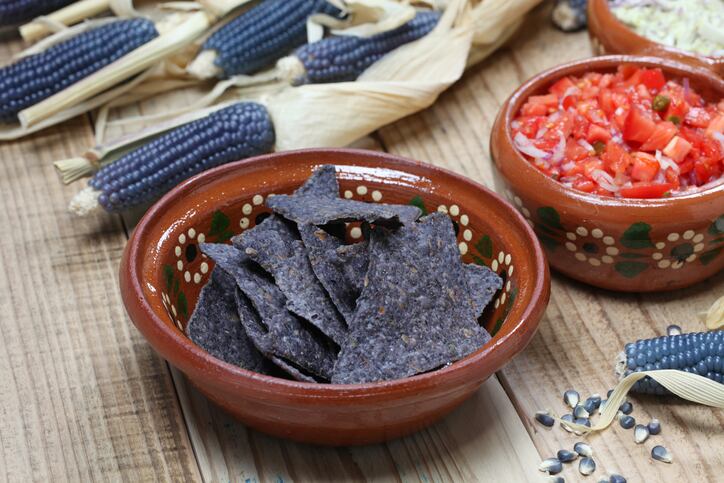
Demand for blue corn products in Mexico is booming and consumers are willing to pay a premium price of up to 33%, according to recent research by CIMMYT.
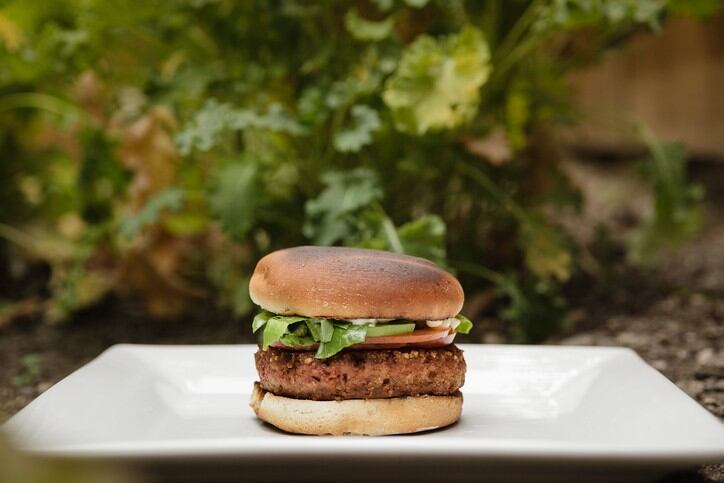
Brazilian firm R&S Blumos is investing US$5.5 million to supply wet extruded pea protein that it says is best for mimicking the texture of fresh meat and fish analogs.
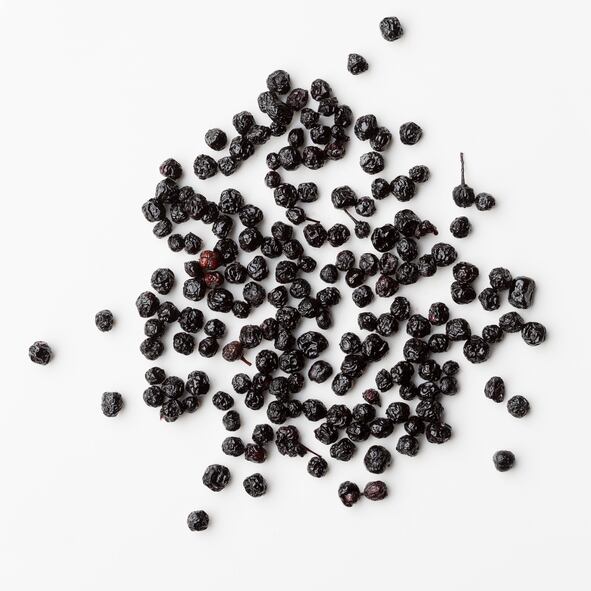
WATCH
Native to Patagonia, maqui berries are packed with polyphenols, have a ‘rounded’ flavour and definite superfruit potential, says freeze-dry specialist SouthAm.
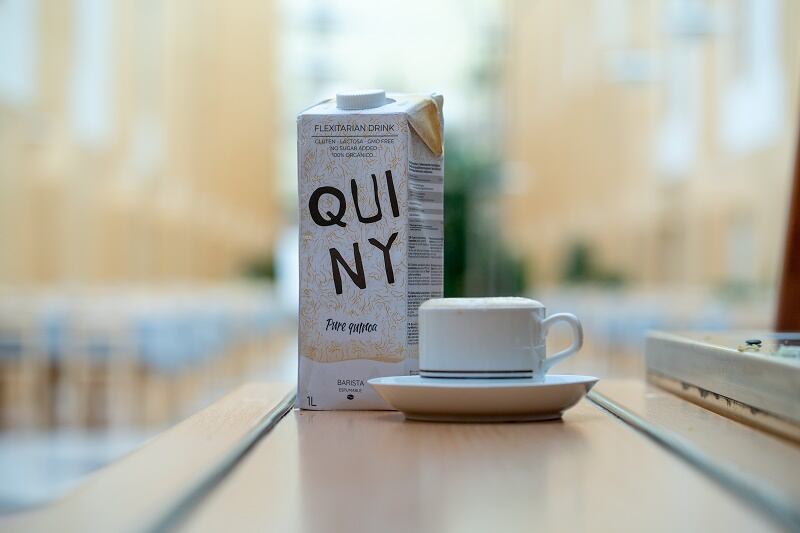
The business developer behind Oatly and a team of Bolivian scientists have developed Quiny, a patent-protected and naturally sweet quinoa powder for plant-based milks, and are gearing up for a Latin American launch.
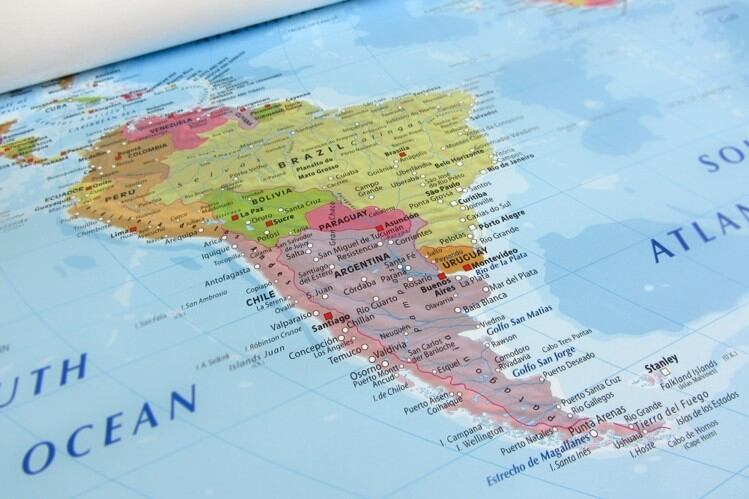
Tate & Lyle has opened an application center in Sao Paolo - one of its largest in the world - to serve all Latin American countries as it enjoys double-digit growth in the region.
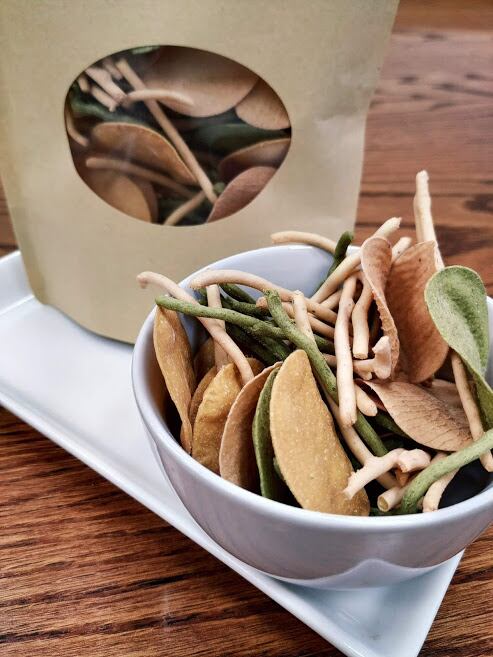
Pesquera Lacks is making it easy and convenient to eat fish and seafood with its healthy on-the-go snacks and gourmet smoked salmon pieces that are colored with natural vegetable extracts.
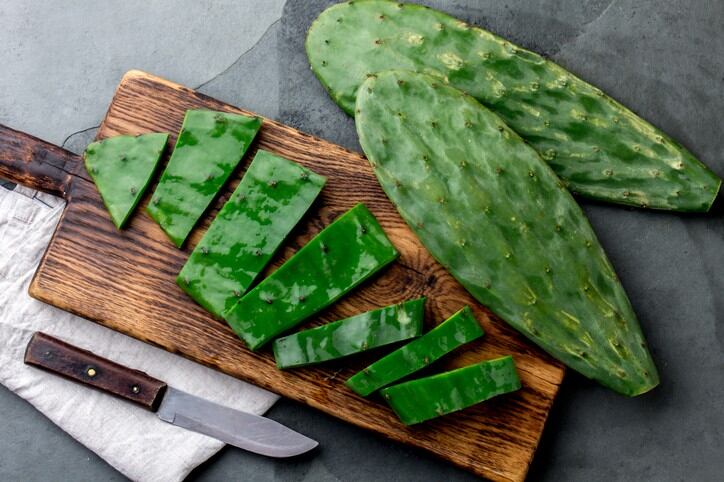
From creating amaranth and cactus snacks to supporting nutrition labels in Latin America, PepsiCo is listening to consumer demands for healthy products and clear nutrition information, according to Ricardo Pimenta, vice president of nutrition at PepsiCo...

New research shows many infants (between 6 and 12 months) who are transitioning off of breast milk are regularly receiving "ultra-processed" foods as some of their first introduction to solid foods.
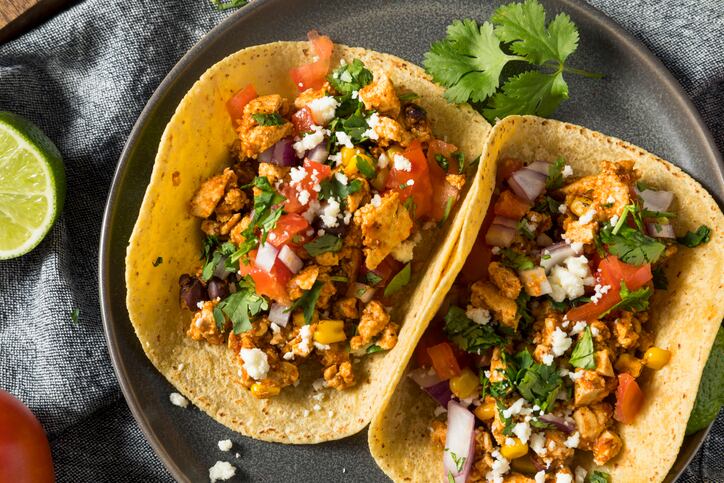
WATCH
Mexican food is traditionally very meat-based but this means there are many dishes where plant-based proteins can be added. We spoke to market analysts and ingredient suppliers to find out more about the market potential.
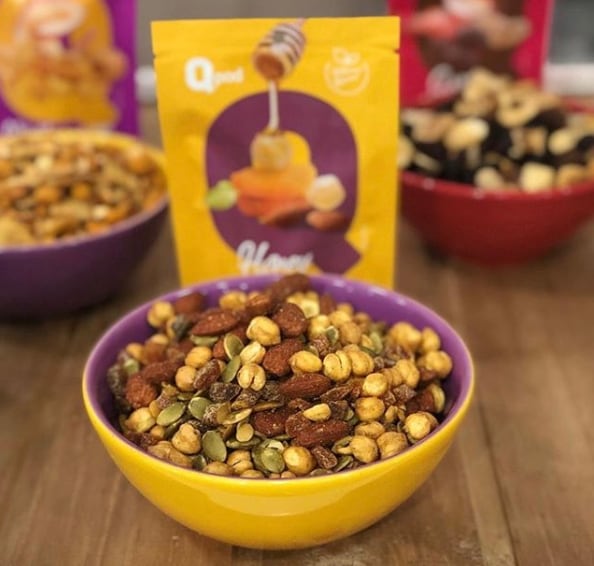
Freeze-dried fruit and vegetables are light, nutrient-packed and tasty meaning healthy eating is more accessible than ever, says Brazil's QPod.

The organic food and beverage market in Brazil is growing but not without its growing pains, including ingredient supply chain constraints to consumer distrust over large multinational companies launching organic products in the region, notes Euromonitor...

From sugar reduction to fiber fortification, LATAM manufacturers are increasingly under pressure to make their products healthier. We caught up with some suppliers at this year's Food Tech Summit in Mexico City to find out more.
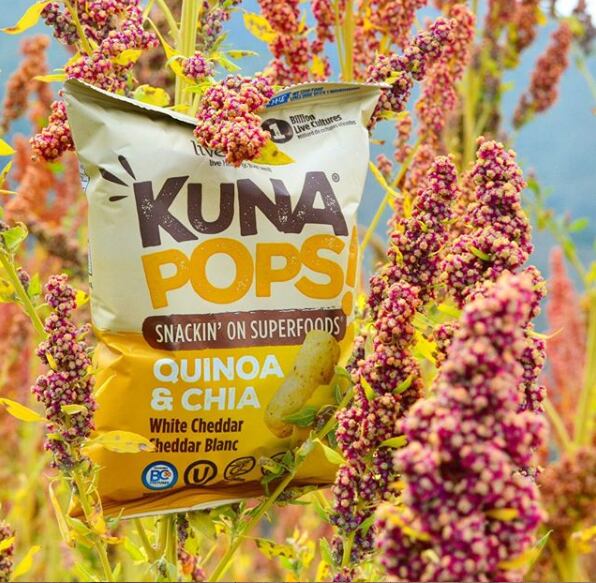
LiveKuna is blending native superfoods, such as chia seeds and quinoa, with probiotics and adding them into convenient formats in order to expand their reach.